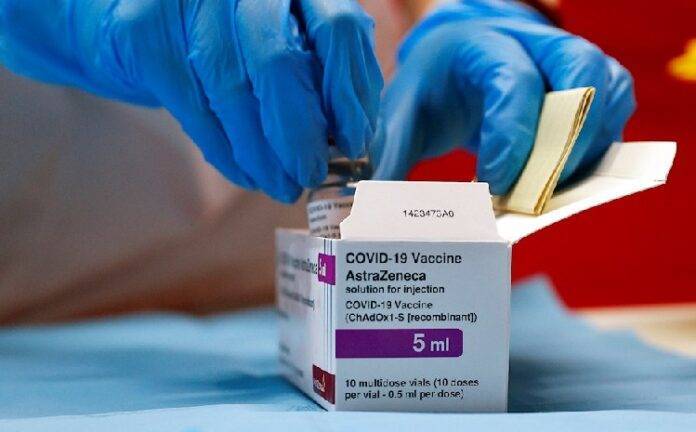by Med. Dr. Justo Aznar, Director of the Institute of Life Sciences, Catholic University of Valencia, Former president of the Spanish Association of Haemostasis and Thrombosis
The repeated broadcasting through the Mass Media and social networks about the thrombo-embolic events suffered by people that have been vaccinated with the AstraZeneca vaccine has provoked a surely unjustified fear to use it. Therefore, we consider that reflecting on this issue might be interesting.
1. There has been repeated broadcasting of news about exceptional cases of thromboembolic events suffered by people that have been vaccinated with the AstraZeneca vaccine. In spite of being exceptional, the publication of these cases without an appropriate medical evaluation might have induced thinking among many people that there is a high risk of suffering these events when they are vaccinated. As a consequence a large group of the population is rejecting to be vaccinated, which we consider is medically unjustified.
2. The thrombo-embolic events can be caused by cardiac ischemia, ischaemic stroke or vein thrombosis. In the present article, we are just dealing with vein thrombosis for being the medical complication provoked after the AstraZeneca vaccination (a vaccine that is presently named Vaxzevria). Among the general population, the impact of vein thrombosis is around one or two events per 1000 persons annually. The impact of vein thrombosis on people that have been vaccinated with the AstraZeneca vaccine although is not medically well defined it may be calculated by the vaccinated people within the European Union and the United Kingdom and therefore the vein thrombosis events detected in both groups. In the UK 18 million people have been vaccinated and there have been detected 30 events and consequently seven patients died. Dated on April 7th the European Medicines Agency (EMA) has spread a report that confirms that out of the 25 million vaccinated people in the European Union there have been 62 cases of cerebral sinus thrombosis and 25 cases of deep vein thrombosis with splenic rupture, and as a consequence, 18 people died. That is to say, evaluating both results it can be stated that the impact of the vein thrombosis caused by the AstraZeneca vaccine is around 0.00006 %.
Nevertheless, the impact of vein thrombosis in people that become infected by the SARS-CoV-2 and subsequently develop the COVID-19 fluctuates between 14 to 17%. That is a higher risk of vein thrombosis in the general population.
3. Furthermore, it is medically proved that there exist people or groups of the population that have a higher risk of suffering thrombo-embolic events. These events can affect people in physiological circumstances, such as pregnancy or during specific treatments such as hormonal contraceptives or hormonal replacement therapy in menopausal women. Additionally, there is a higher risk after severe trauma and above all people that have genetic factors, which predispose them to thromboembolic events, such as protein C and S deficiency or antithrombin.
4. Moreover, it is known that there are transitory circumstances in which the danger of infection by the SARS-CoV-2 is increasing especially among the health professionals that work in hospitals with COVID-19 patients, the caregivers that work in elderly homes as well as all the professionals that work in an environment with continued social relations with many people.
5. In view of all this, we consider that all the people that are not included in the above-mentioned groups of risk can be vaccinated with the AstraZeneca vaccine with no fear. As has been discussed above, the benefits of the vaccine are much higher than the risks derived from it. However, the people included in section three should postpone their vaccination until the risk has disappeared and if for any reason they have to be vaccinated they should use an mRNA vaccine because no thrombo-embolic events cases have been detected when using this vaccine. Furthermore, all people with genetic factors of thromboembolic risk should visit and check with the specialized doctor before being vaccinated.
6. The people included in section 4 that are at higher risk of infection should definitely be vaccinated.
7. Lastly, we believe that it is of interest to point out that there has been a recent study paper that reports on the detection of a possible cause of thromboembolic events in patients that have been vaccinated with the AstraZeneca vaccine. It has been proved that these patients develop a similar health condition to the one of the thrombocytopenia provoked by the heparin although with a different serological profile. If these results can be confirmed, there would be a hopeful possibility of treatment for patients with secondary thromboembolic complications due to the COVID-19 vaccines.






















